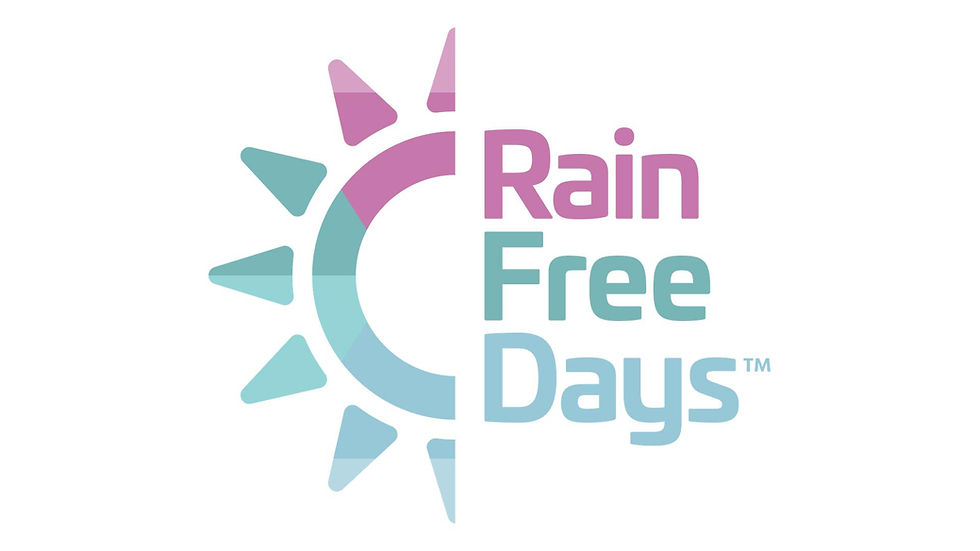Too hot to handle?
- matthewhunt123
- Feb 14, 2022
- 3 min read
What do you think of Extinction Rebellion? It’s hard not to admire the way they catapulted the global climate change emergency into everyone’s consciousness this April, while simultaneously going from unknown activists to household name in just 11 days. Bringing London to a standstill isn’t that easy to do, either. However, disruption without long-term strategy frequently makes a splash, rather than a wave.

While XR’s three core demands of the government – tell the truth, achieve zero emissions by 2025 and set up a citizens’ assembly – remain unfulfilled, they have transformed the debate about what is possible. Scores of councils and local authorities have declared a climate emergency in recent months, and although the UK’s goal is still net zero carbon emissions by 2050, rather than 2025, the Committee on Climate Change recently revised its targets.
XR’s tactics of mass civil disobedience have also galvanised other not-for-profit environmental organisations, used to working in a more collaborative, gradual and respectful way; some of our own clients are now seeking to be more disruptive in upcoming campaigns.
But have Extinction Rebellion gone too far? It seems that they are now threatening – and alienating – some of their natural allies. Including those of us committed to more ethical advertising and marketing.
Last month, XR issued an open letter to the advertising industry. Its goal is laudable: to inspire rapid change in corporate messaging and action which would lead the way in promoting a less consumerist culture and driving a low carbon lifestyle shift. But the tone is aggressive and slightly sinister, a bit like one of those ‘I filmed you watching porn, now give me bitcoin’ emails.
‘Dear Founders, CEOs, CCOs, CMOs, CFOs, MDs and CDs of the advertising industry’, it begins. ‘You didn’t think we’d forget about you?’
It goes on, ‘Look at the streets of London in the last month. People are beginning to see where the problems lie, and soon they will see you.’
The letter makes some valid points about the ad industry. ‘One of the reasons we’ve got here is because you’ve been selling things to people that they don’t need…’ And it urges: ‘You can shift mass behaviour in a heartbeat… You have an extraordinary moment to be on the right side of history.’
However, speaking confidentially to The Drum, the letter-writer – a ‘former ad exec with decades of experience’ – warned that Extinction Rebellion would ‘know and act if the letter falls on deaf ears’ and that disruption could be focused on advertisers if we fail to change our ways.
Which prompts the questions: how will they ‘know’ who is transgressing, and what form will their direct action take?
Dr Chris Arnold, who set up the UK’s first integrated ethical marketing and advertising agency, would seem an unlikely target, but he recently received a threatening call from XR. As a result he now regards them as ‘thugs, bullies and eco-terrorists’. He says, ‘Their open letter to agencies is pure thuggery.’
XR’s blanket condemnation of the advertising industry certainly seems misguided. I can only speak for London, but our city has a number of agencies, including 11 London, dedicated to furthering ethical causes.
Of course, nobody is perfect; at some point we’ve probably all had to take on a client affiliated to a less wholesome sister company. But we are on a journey, and many of us are heading in the right direction. Sometimes, collaboration and respect (and, dare I suggest, a little audience segmentation?) might just work better than threats. XR needs to be careful that, in continually amplifying its shock tactics, it does not cross a tipping point at which aggression becomes counter-productive.
There’s more than one way to save the planet, too. Since the 1970s, our client the Centre for Alternative Technology (CAT) has been equipping individuals and communities worldwide with the practical solutions and technologies to create a zero carbon world. One of its graduates, Dr Jaise Kuriakose, Lecturer in Climate Change at Manchester University and expert in renewable energy systems, is currently helping regions including Wales, Greater Manchester and Birmingham to develop and implement their own zero carbon strategies.
In the existential battle for humanity’s survival, both strident activism and a more slow and steady approach have a vital role to play. On World Environment Day, maybe we’d all do well to remember that.
About 11 London
11 London is an advertising and communications agency, based in leafy West London. We work in the areas of health and humanity - with organisations, brands or products that improve or prolong life. To learn more about 11 London, please contact:
Matthew Hunt
matthew.hunt@11-london.com




